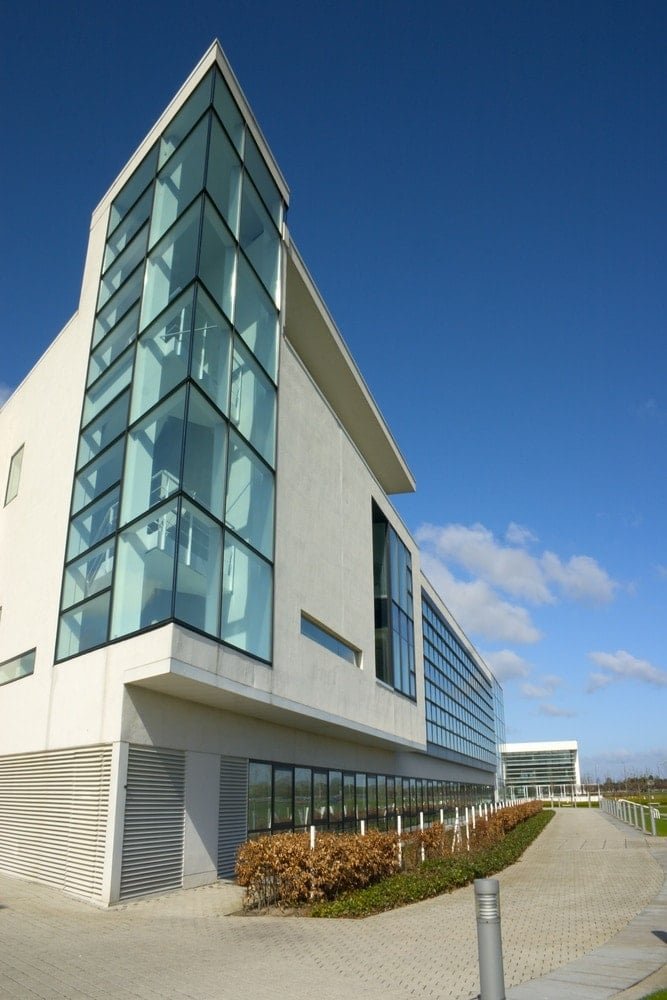Andy Jansons is the managing director of Jansons West London & Thames Valley.
2025 is a year that will go down in history for many things. The year AI became truly ubiquitous, a year of geopolitical realignment, a pivotal moment in the reshaping of global supply chains and, perhaps less recognised, one of the most opportune moments in recent history for companies to transition from tenants to owners.
The fact is, for many businesses in 2025, the decision to purchase commercial property isn’t just about location and square footage anymore – it’s become a strategic move that can offer a range of financial, operational and long-term advantages over renting.
The UK real estate market is currently in the midst of a recovery phase that began in mid-2022, with transaction volumes and values hitting their lowest point in 2024. The notion of an “early-mover advantage” for investors is supported by consensus among analysts and real estate firms, but the window of opportunity won’t remain open indefinitely.
As prices and transaction volumes begin to recover from lows, current investors may benefit from improved yield prospects and capital appreciation over the next few years but competition and rising values may start to erode “first-mover” benefits as the recovery becomes more apparent.
Beyond the upside of early positioning, there are plenty of compelling reasons to buy commercial property in 2025. For a start, there’s the opportunity for long-term cost control, which becomes increasingly appealing to business owners as uncertainty continues to mount around them.
Unlike leasing, which is subject to rising rental rates, property ownership allows businesses to lock in their occupancy costs and insulate themselves from inflationary pressures. Over time, mortgage payments can be more predictable and often more economical than lease renewals, particularly in prime locations where rents continue to escalate.
In many UK cities and key commercial zones – particularly in the South East – the availability of suitable freehold commercial property is limited. This scarcity has long driven competition among owner-occupiers and as businesses return to physical workplaces with new hybrid strategies and long-term location planning, those able to secure ownership now will benefit from future-proofing their operations and avoiding intensifying competition down the line.
We’re seeing this first hand in the industrial development we’re currently working on in High Wycombe, where individual owners have the opportunity to purchase their own business units – satisfying the pent-up demand for smaller commercial units across the South East. The range of enquiries has come from an unusually diverse mix of occupiers. Interest has spanned everything from pharmaceutical businesses and tech firms and creative businesses (for instance, a film production company) looking for flexible industrial space.
This spread of demand highlights how ownership is no longer confined to traditional industrial users – businesses from across sectors are now exploring the advantages of owning their own premises. It reflects a broader shift in sentiment: companies are thinking not only about immediate operational needs, but also about the resilience, adaptability, and long-term security that comes with property ownership.
Apart from the assurance of protection from unpredictable rent hikes, purchasing a property also allows businesses to build equity rather than pour capital into a lease. This shift turns what would otherwise be a sunk cost into a long-term asset on the balance sheet – one that can appreciate in value, generate rental income from unused space, or even serve as collateral for future financing.
Industry sentiment suggests that more businesses and vendors are increasingly prepared to accept current pricing, recognising that macroeconomic and geopolitical uncertainty is unlikely to go away anytime soon.
Beyond the market mechanics though, one of the most appealing aspects of owning a commercial space is the greater autonomy businesses have over how it is configured and used. Businesses no longer need to seek landlord approval for fit-outs, signage, structural changes, or branding. They get the freedom to tailor the property to their own operational and cultural needs, which is all the more appealing for businesses that have specialised infrastructure requirements. Customisation means that the space can support both the technical and operational needs of the business today as well as letting it scale or adapt as those needs evolve.
Uncertainty may continue to be a key feature of the economic landscape, but businesses that own their property gain the confidence of knowing they can shape, adapt, and invest in their space on their own terms.
In a climate where waiting for certainty may mean missing the moment, many forward-thinking companies are choosing to take action even now, not despite uncertainty, but because of it. For businesses with vision and stability, purchasing commercial space isn’t just a financial decision — it’s a vote of confidence in their own future.

